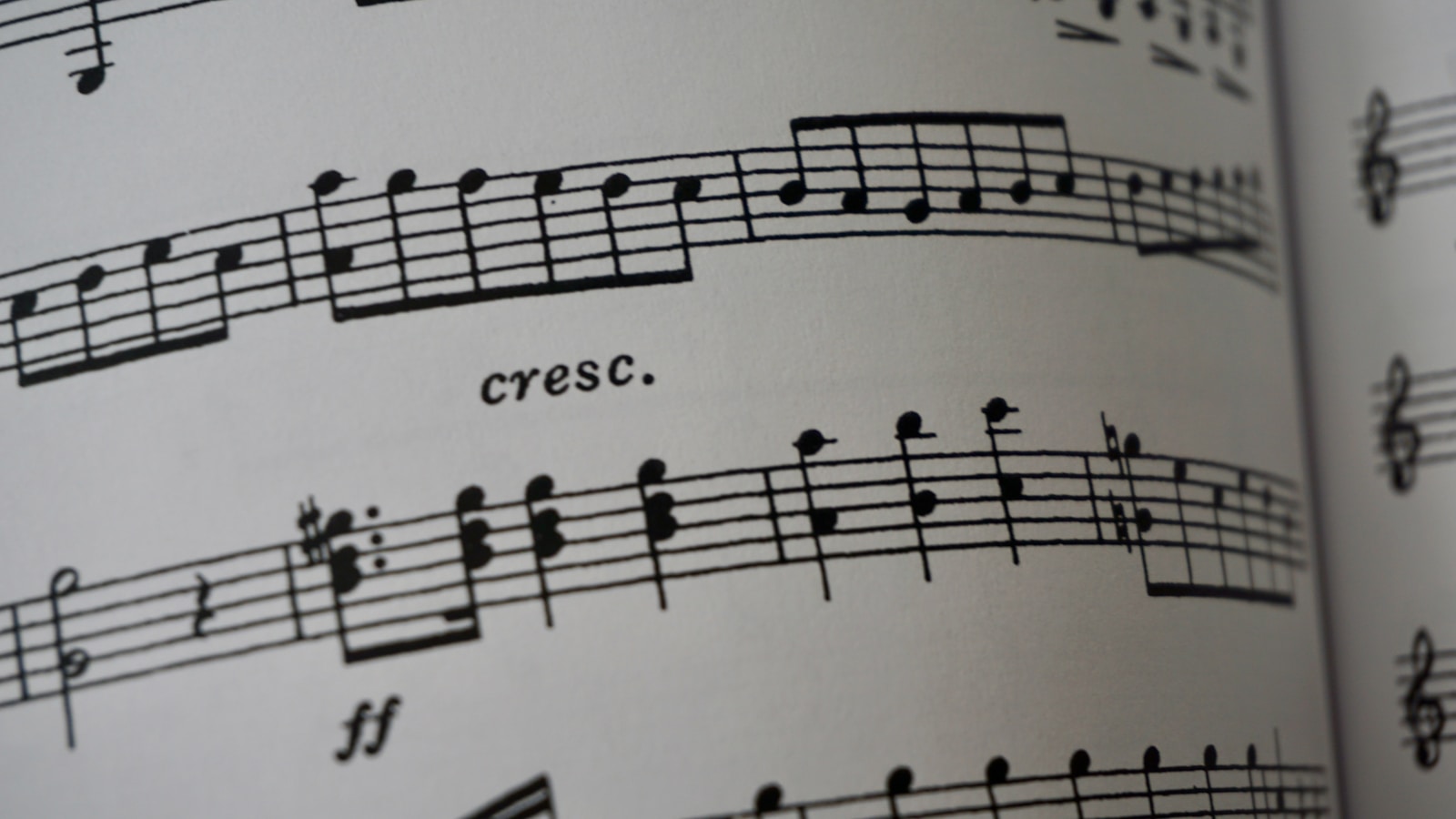
得分
dé fēn

score
In Chinese, '得分' primarily refers to the tally of points in a game or a test. It is often used in sports and game contexts, as well as in situations discussing test results or evaluating performance.
Example sentences using: 得分
你的得分是多少?
Nǐ de défēn shì duōshǎo?

What's your score?
This phrase is used when asking someone about their score in a game or an exam.
得分为胜利的关键。
D'efen wei shengli de guanjian.

Scoring is the key to victory.
This phrase asserts that scoring point is crucial in winning a match or competition.
这是他的得分卡。
Zhè shì tā de défēn kǎ.

This is his scorecard.
This phrase refers to a record of all the scoring details of an individual or team, in a game or competition.
我还有机会得分。
Wǒ hái yǒu jīhuì défēn.

I still have a chance to score.
The speaker iterates that he or she still has a chance to score or achieve more points.
我们必须得分。
Wǒmen bìxū défēn.

We must score.
The speaker affirms the need to score or achieve points in a match or competition.
他得分能力很强。
Tā de défēn nénglì hěn qiáng.

He has strong scoring ability.
This phrase is used to describe a person who is really good at scoring in games, sports or exams.
他尝试得分但失败了。
Tā chángshì défēn dàn shībàile.

He tried to score but failed.
This phrase describes a scenario where a person attempted to score or achieve points but did not succeed.
她有很高的得分率。
Tā yǒu hěn gāo de défēn lǜ.

She has a high scoring rate.
This phrase implies that the person mentioned usually scores at a high rate or frequency.
他在考试中得分最高。
Tā zài kǎoshì zhōng défēn zuìgāo.

He scored the highest in the exam.
This phrase is used to reference someone who has achieved the highest score in an exam.
我们失去了很多得分的机会。
Wǒmen shīqùle hěnduō défēn de jīhuì.

We lost many opportunities to score.
This phrase is used when expressing regret over missed opportunities to score points in a competition or game.